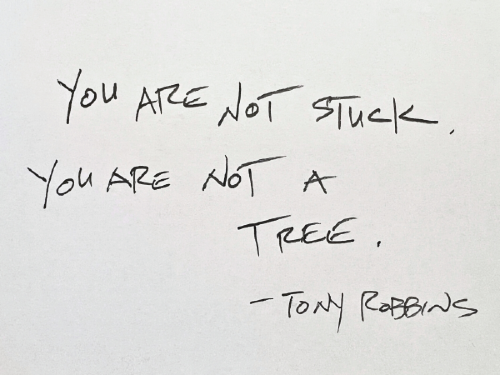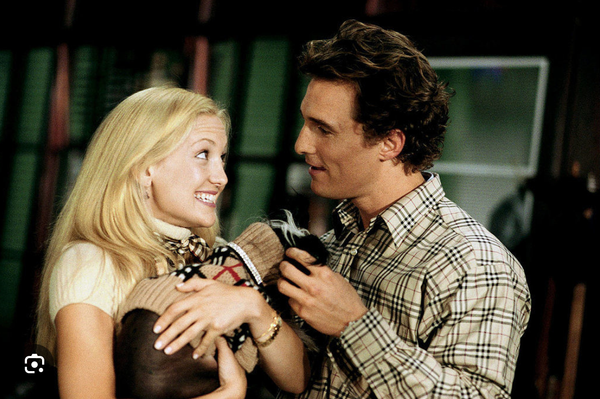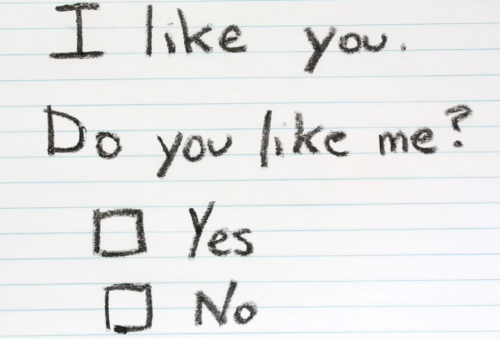Finally…something you *can* control
6 in 10 young adults wish social media never existed—and why they can’t stop using it.

Good morning lovely people. You’re reading the revamped The Bright Side newsletter, a bi-weekly dose of calm and clarity in a noisy world.


A 14-year-old told me recently:
"I kind of hate my phone. But I need it. Everyone does. If I don’t have it, I miss everything. It’s like I don’t exist."
Wow. That’s a lot of pressure on someone navigating adolescence—figuring out who they are while trying not to disappear.
We can all relate, right? Phones have become our social currency. They dictate who’s in the loop and who’s out. They promise connection but often deliver isolation. For kids, logging off means missing the joke or invite.
In school, students describe feeling unable to focus for even one lecture without checking notifications. At work, employees struggle to get through a task without switching apps, emails, and texts.
It’s not just kids who are hooked. It’s all of us.
And the numbers back it up.
A recent survey found that 57% of young adults wish social media had never been created. Not that they want to use it less—they wish it didn’t exist. Yet 86% of Gen Z say they try (and often fail) to reduce their usage.
Even the most digitally connected want out.

The Global Wake-Up Call
Some countries aren’t waiting for proof to confirm what they see.
France banned smartphones in schools in 2018. The Netherlands and Hungary followed in 2024. Now, Australia and New Zealand have joined in.
Why? Because they’ve seen the mental-health effects. Anxiety, depression, and self-harm skyrocketed in the early 2010s—the exact moment social media became portable.
But this isn’t just about kids.
- In higher ed, professors report students struggling to read anything beyond a short article. Long-form concentration feels impossible.
- In workplaces, deep work is being replaced by shallow, scattered attention. Studies show that one notification can disrupt focus for up to 20 minutes.
- In daily life, evenings often mean everyone in their own corner—watching separate shows, scrolling separate feeds, not present, barely connecting.
Phones were supposed to make life easier. Instead, they’ve made being present the hardest thing of all.
And yet, many of us feel paralyzed.
What’s the Answer?
There’s no one-size-fits-all solution. But there are things we can do—whether we’re trying to help kids, protect our own focus, or reclaim time with the people we love. 👇👇
✅ Delay, delay, delay – If kids don’t need a smartphone yet, hold off. If they do, consider a basic phone.
✅ Create real-world social circles – Group activities, outdoor play, third spaces, shared hobbies—anywhere people can connect without screens.
✅ Build “phone-free zones” – At dinner. Meetings. During deep work. Small boundaries lead to big changes.
✅ Talk about it – Ask friends, family, or coworker how they and their families are managing the digital world.
YOUR TURN. Act like a 10 year old for an hour...

📖 Read a book under a blanket.
🎨 Draw the first thing that pops in your mind (bonus points if you’re “a terrible artist”).
🏀 Shoot hoops in the driveway.
💿 💿 Crank your favorite playlist, put your phone on the other side of the room, and just chill and listen.
No productivity. No purpose. Just play.
Technology should serve us, not the other way around. We don’t have to wait for more studies to tell us what we already feel: “this isn’t working.”
Waiting for perfect evidence is a mistake. Let’s use our hearts and experience here.
"In any moment of decision, the best thing you can do is the right thing, the next best thing is the wrong thing, and the worst thing you can do is nothing." —Theodore Roosevelt
Seems like this is one of those moments, right?
Wherever you are, whatever you're up to, hoping you forgot your power cord! 😝






